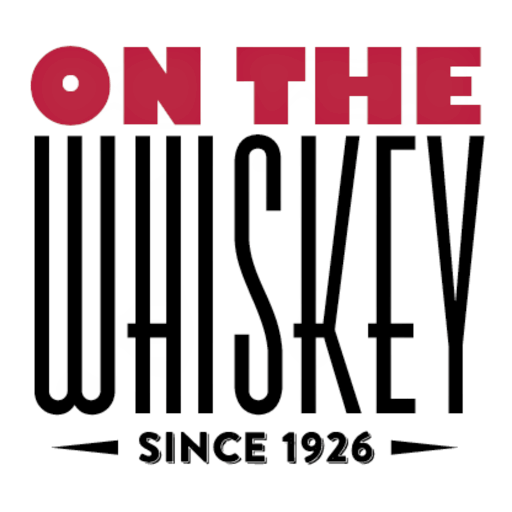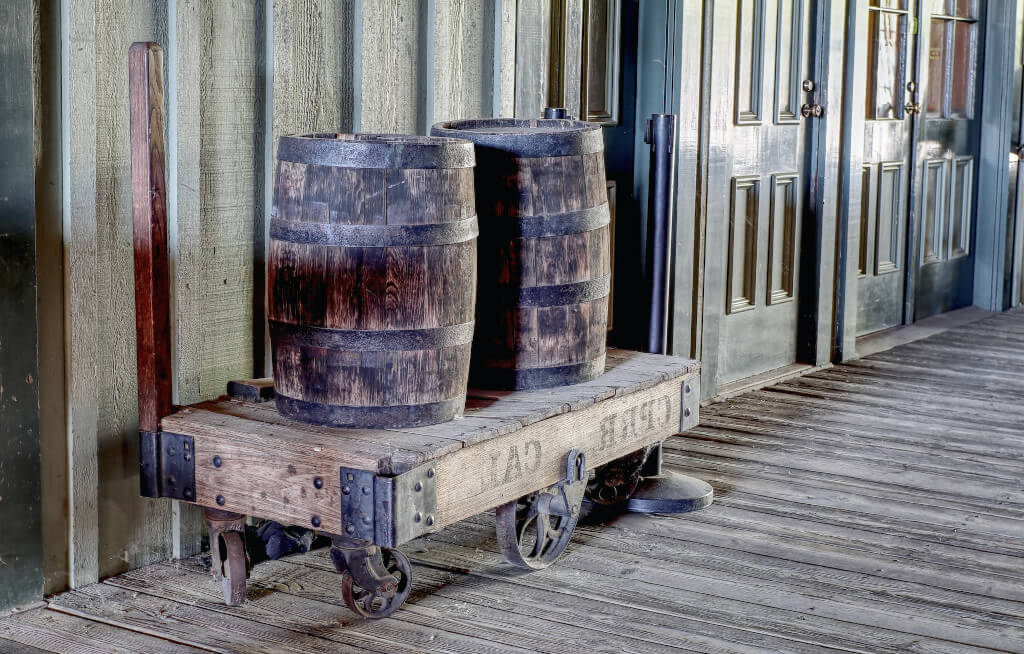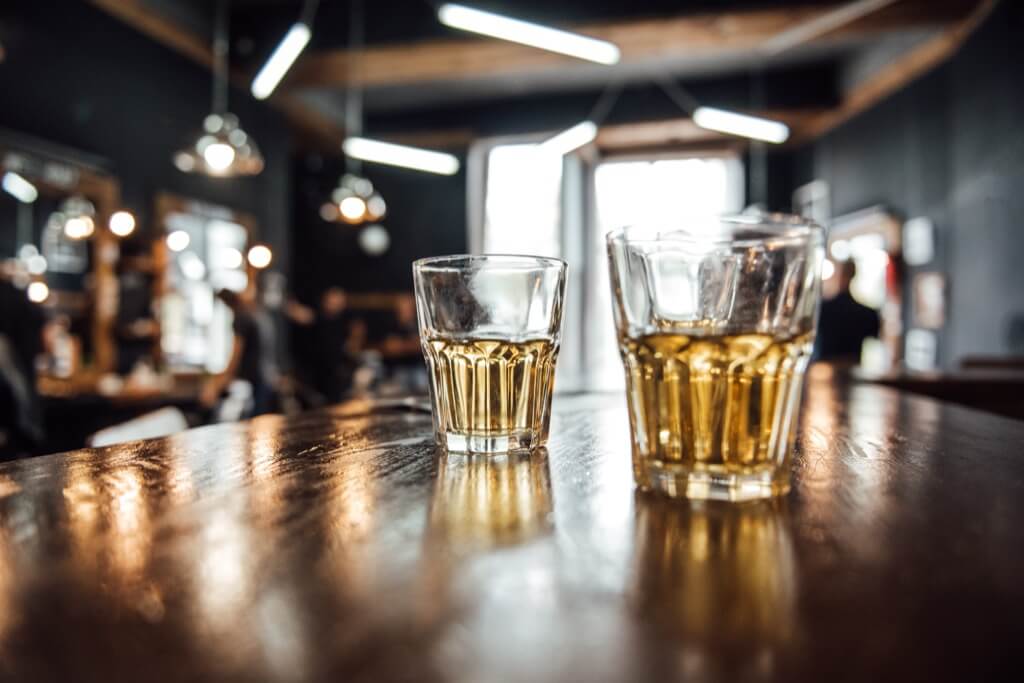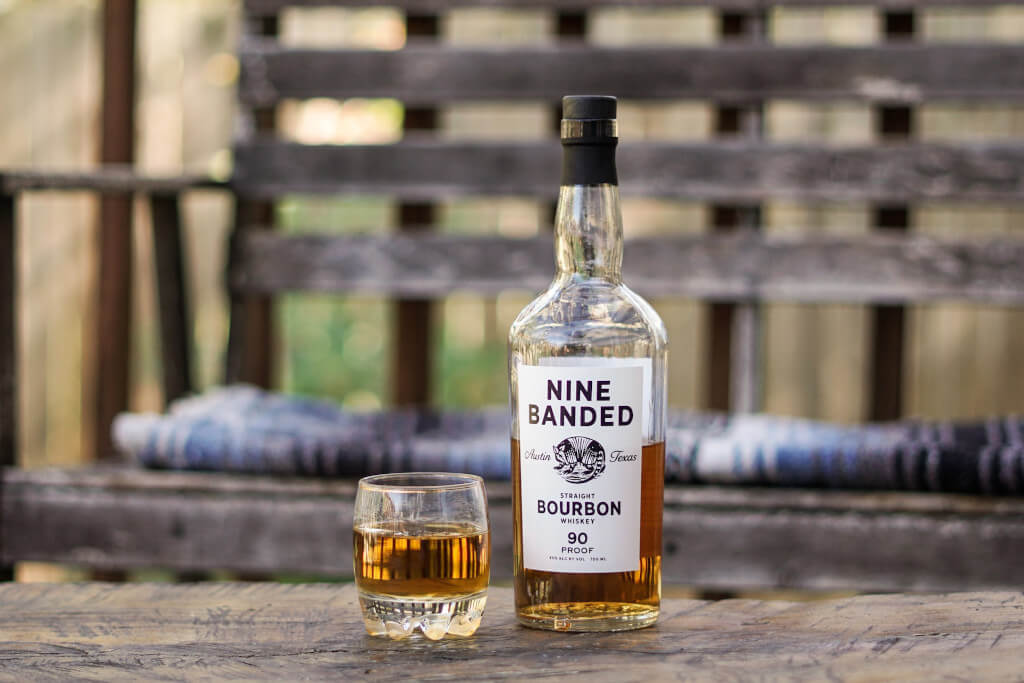Time, as the adage goes, is money. When it comes to making whiskey, this is true. The value of a whiskey cask increases as time passes. Whiskies that have been aged for a long time typically fetch a greater price compared to those that haven’t been aged at all.
We shall examine the process of cask aging and its role in creating priceless “Timeless Whiskey” in this piece. We’ll take a look at how and why much more valuable whiskey is after being aged in oak barrels. We will also discuss the potential financial rewards of purchasing a cask as an investment.
Classic Whiskies for All Occasions
Whiskey collectors probably agree with the cliches that “beauty is in the eye of the beholder” and “beauty comes with age.” ‘The Timeless Whiskey’ Collection is a great illustration of the value of age and rarity in whiskey. This collection was amassed by a Californian collector and is currently up for auction at Sotheby’s New York. The sale price of a little under US$2 million (or around £1.8 million) made it the most expensive collection ever sold at an individual auction in the United States.
Rare bottles of Bowmore, Highland Park, Glen Grant, Tamdhu, Glenfarclas, Fettercairn, Glen Mhor, Glenglassaugh, Loch Lomond, Linkwood, and The Glenlivet were also included in the haul, along with the coveted ‘The Macallan in Lalique Six Pillars Collection. There were at least 30 bottles in the collection that were older than 50 years.
Increase in Demand for Casks
The whiskey industry has been thriving, and this is no secret. Investment in the whiskey industry has risen in step with the growing demand for the spirit. In response to the skyrocketing price of whiskey, the cask market has expanded.
Casks, which are used to store and age whiskey, have long played a significant role in the industry. Investment in barrels, which may be resold for a profit once the whiskey inside has aged, has become increasingly popular in recent years.
Investing in Casks Has Many Advantages
Cask aging is crucial to whiskey’s worth for several reasons. First, it gives the spirit time to mature and take on more layers of flavor. This is why older whiskies typically surpass their younger counterparts in complexity and overall enjoyment.
Second, because not every cask yields the same results, it adds to the uniqueness of a particular whiskey. Because of the one-of-a-kind nature of each cask, the resulting whiskey in each bottle is also completely one-of-a-kind. Last but not least, unlike whiskey that has been bottled, whiskey that has been aged in a cask will continue to age. This means that cask whiskey is a good investment for anyone seeking financial gain from their whiskey collection, as its value is expected to rise steadily over time.
Distribution by Cask Variety
American bourbon oak barrels are the traditional cask for Scotch whiskey. The thriving American bourbon business has made it simpler for Scotch distilleries to acquire suitable casks. The sweetness of the bourbon and the spice of the wood will both be transferred to the liquid when it is aged in a bourbon oak cask.
Distillers often prefer sherry casks, but these are incredibly hard to come by. Scotch aged in sherry casks takes on some of the sherry’s rich, ripe fruit flavors. Whiskies are commonly aged in American oak casks for most of their maturation before being finished in a sherry cask for a shorter amount of time. The few Scotches that spend their whole maturation process in sherry casks command hefty price tags because of their exceptional quality.
Single-Cask Ageing Times
Single-cask aging is typical for mass-produced Scotch whiskey. This means that it is stored in a barrel until the appropriate period, after which it is tapped and bottled.
The distillery may streamline its whiskey production without worrying about cask rotation as a result. Distilleries that use American oak casks for single-cask maturation have the extra benefit of being able to easily acquire more barrels should the need arise. Whiskies aged in a single cask might vary in quality, although in general, they are less expensive and drier/spicier.
Sherry Ageing in Oak Barrels
The only time any of the above holds is when a distillery ages whiskey entirely in sherry casks. It’s not easy to track down sherry casks, which mainly come from Portugal or Spain. Sherry barrel aging yields whiskey that is rich, nuanced, and delicious. Peated whiskey, in addition to its typical sweetness, has a smokey flavor.
Finished Casks
Most reputable whiskey producers use sherry casks or, in the case of Laphroaig, quarter casks to age their final product. Some distilleries don’t have access to enough sherry casks to finish their spirits for the standard three years, therefore they instead use shorter finishing periods to facilitate barrel rotation.
Whiskey from Laphroaig is occasionally finished in quarter casks, which are smaller barrels. Smaller barrels allow more surface area for contact with the whiskey, resulting in more flavor being transferred to the liquor than would be possible with larger barrels.
Multiple Years in Oak Barrels
Scotch from experimental distilleries may have spent significant time in three or more different types of barrels. Since each cask has its unique flavor profile, combining whiskies from multiple casks results in a more nuanced final product.
Sherry barrels are commonly used in the aging process of multiple-cask whiskies. To put it simply, the more effort you put into anything, the more you’ll get out of it.
Distilleries never know for sure if the whiskey they produce from blending multiple casks is any good. This is why only the most reputable and established distilleries venture into such territory.
It’s a Wise Investment
Cask whiskey can be a lucrative investment because it improves with age. There has always been a high demand for fine and rare whiskey, and as that demand increases across the globe, so does the value of whiskey that has been allowed to age in oak casks.
Cask whiskey is a generally secure investment, however, no alcoholic beverage is risk-free. This is because demand for premium whiskey that has been properly aged will never decrease. Cask whiskey is becoming increasingly scarce, which drives up the price of the remaining supply.
The wise investor can therefore make a lot of money by purchasing a barrel of whiskey. You can reap the rewards of your investment by imbibing the whiskey, and you also have the option of selling the cask at a later date for a substantial sum of money.




